To promote academic exchanges among graduate students, enhance their understanding of the latest research trends, innovate research methods, and foster a positive academic atmosphere, the school held the 18th Graduate Academic Activity Month Academic Salon on the afternoon of November 11 in the West Campus Building. The event, aligned with the school’s disciplinary focus, featured five groups: Literature, Linguistics, Translation, Area Studies, and Japanese Studies. It also invited 10 specialized mentors to participate, with nearly 100 master’s students from the classes of 2023 and 2024 in attendance.
The Linguistics Group was led by Associate Professors Li Ming and Zhang Xin, focusing on the theme of research methods in linguistics and pedagogical studies. Discussions covered linguistic research methodologies, domestic and international research trends in academic English, pragmatic identity construction, and the translation and dissemination of classical texts.
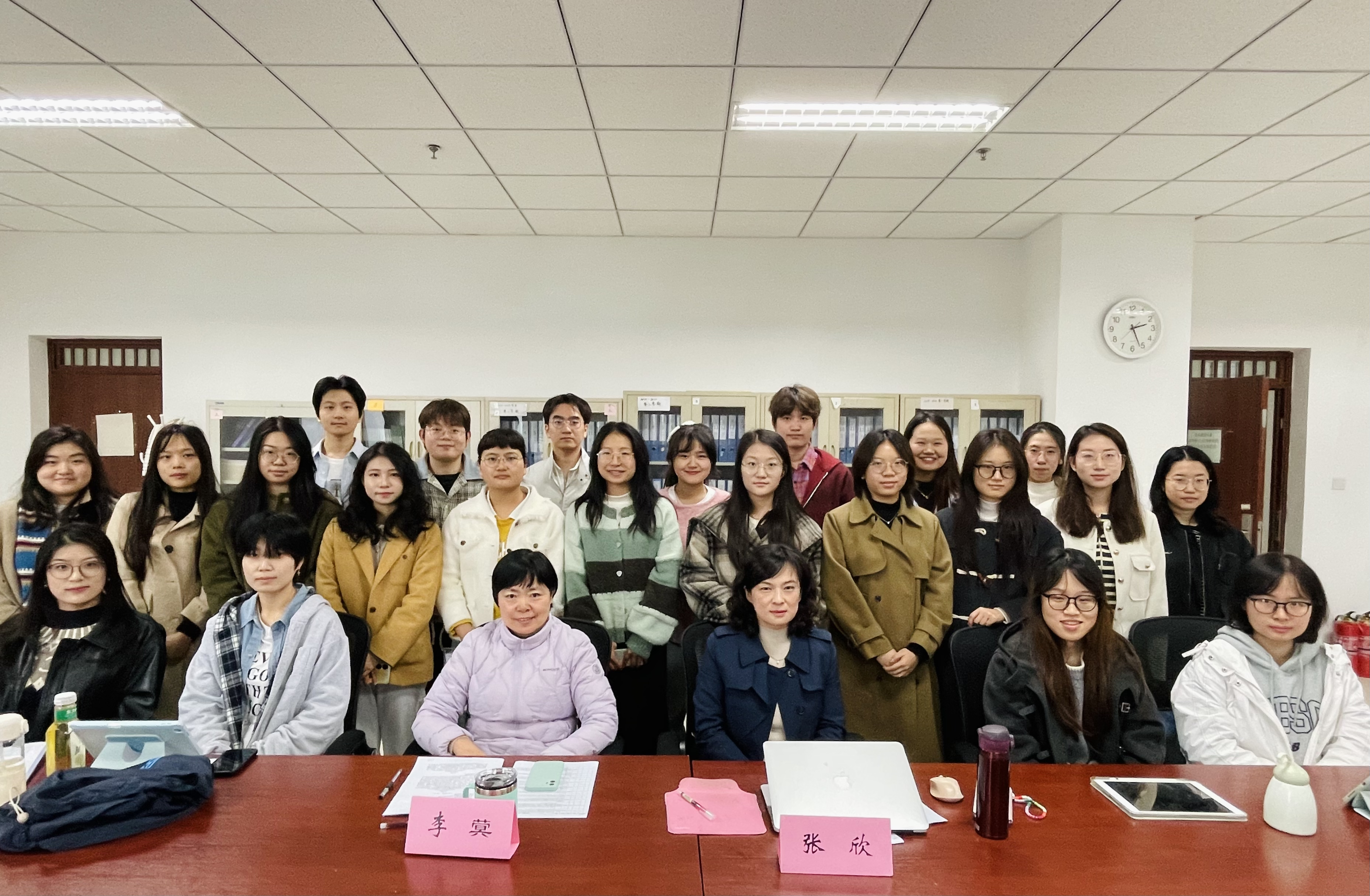
The Translation Group was chaired by Professor Li Jianli and Associate Professor Yang Liu, centering on current hot topics in translation research. Key discussions included abstract translation, translating economic works, the international dissemination of Chinese traditional culture, and overseas writing and translation of the Chinese image.
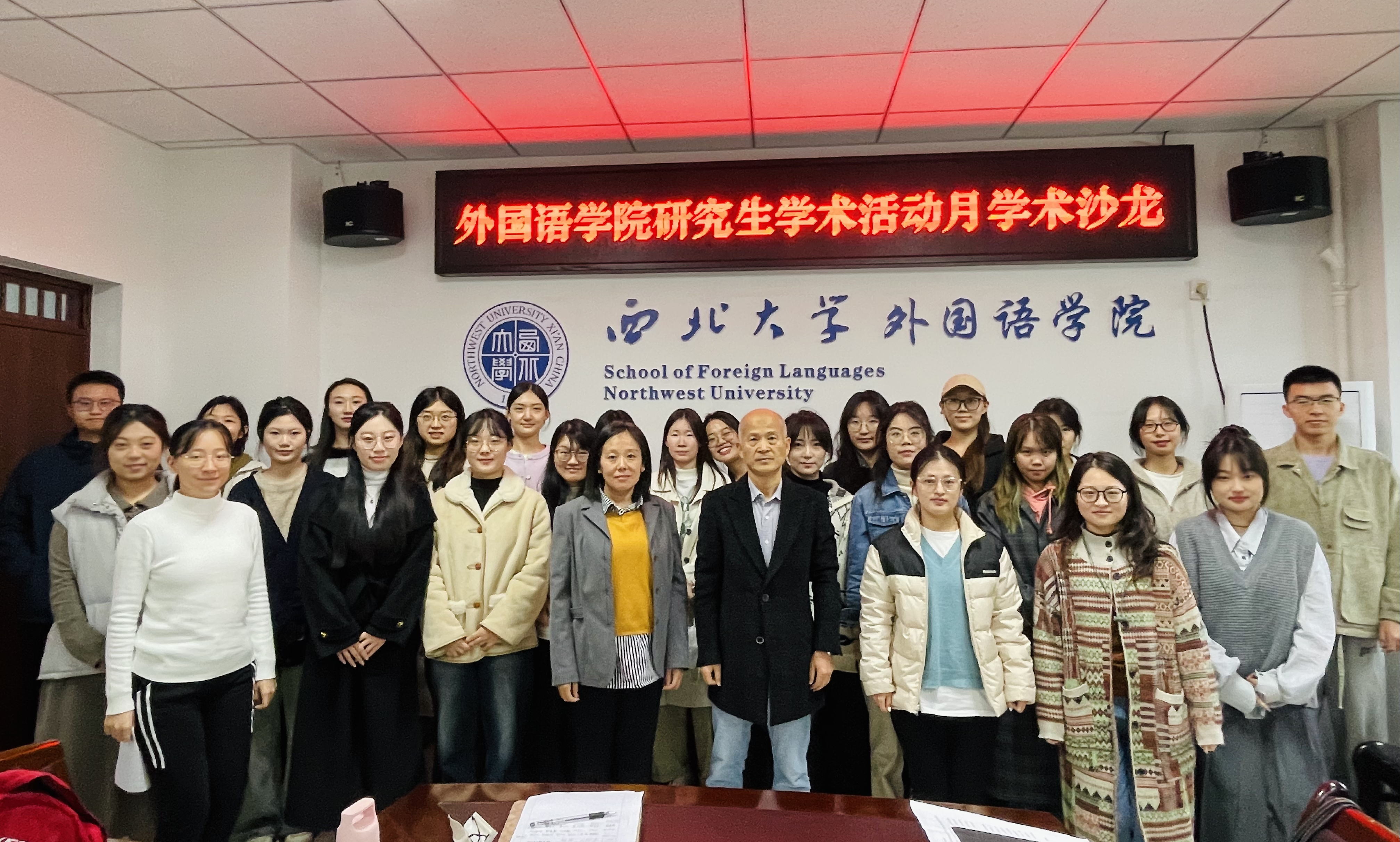
The Japanese Studies Group was led by Associate Professors Zhang Ziru and Zhang Peng under the theme of “Language, Culture, and Interdisciplinary Studies.” Topics included searching for prior studies in Japan, trends in linguistic research, Japanese studies from a regional and national perspective, Sino-Japanese cross-cultural exchange and communication, and research hotspots in cognitive linguistics.
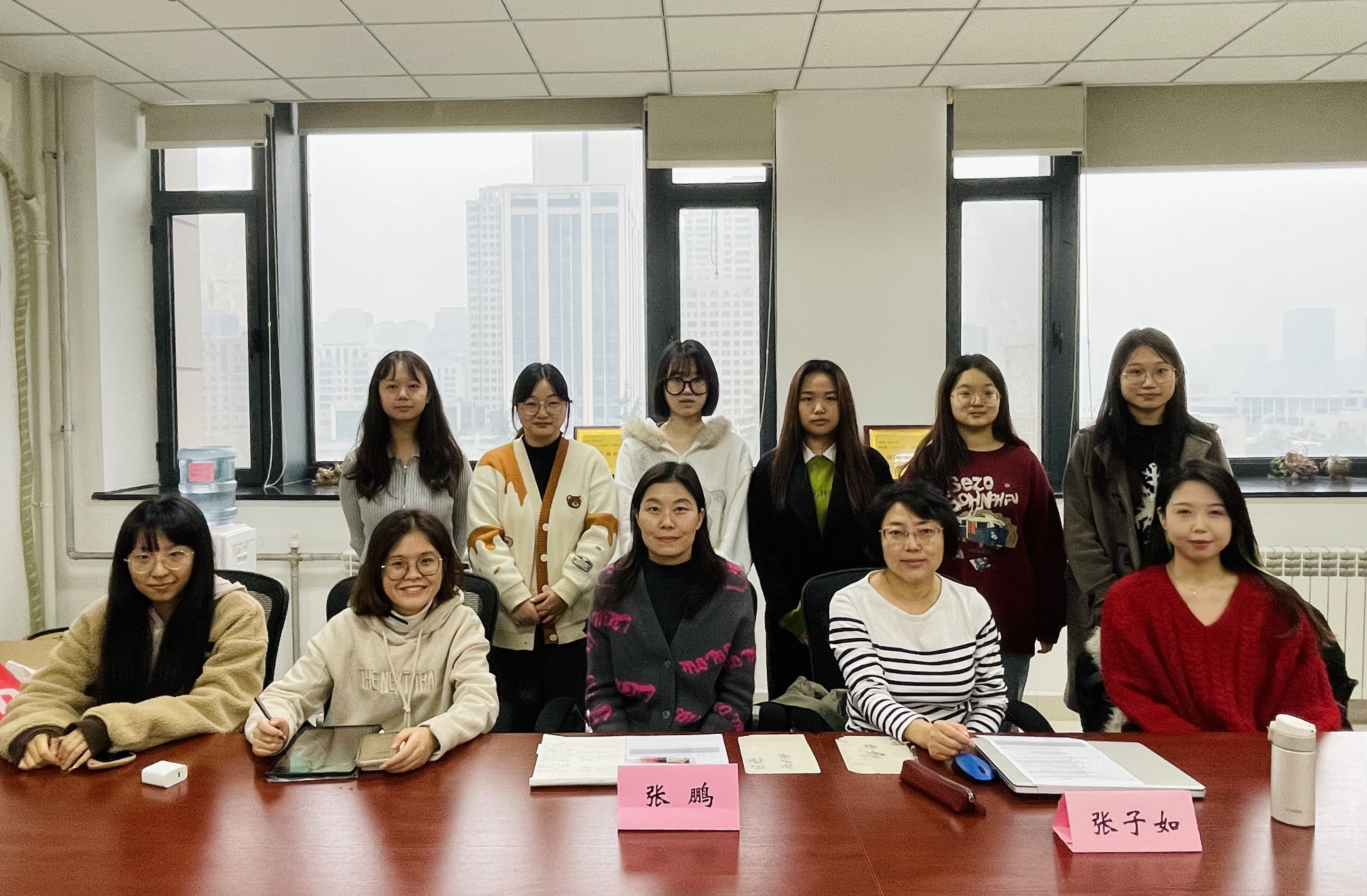
The Literature Group was chaired by literature faculty members Li Zhaoyan and Zhang Ya, exploring the theme of “Foreign Literature Research and Mutual Learning between Chinese and Foreign Civilizations.” Topics included cutting-edge theories and developments in foreign literature, literature and memory, as well as relationships between humans and non-human entities in Chinese and foreign literature, and regional and national literature.
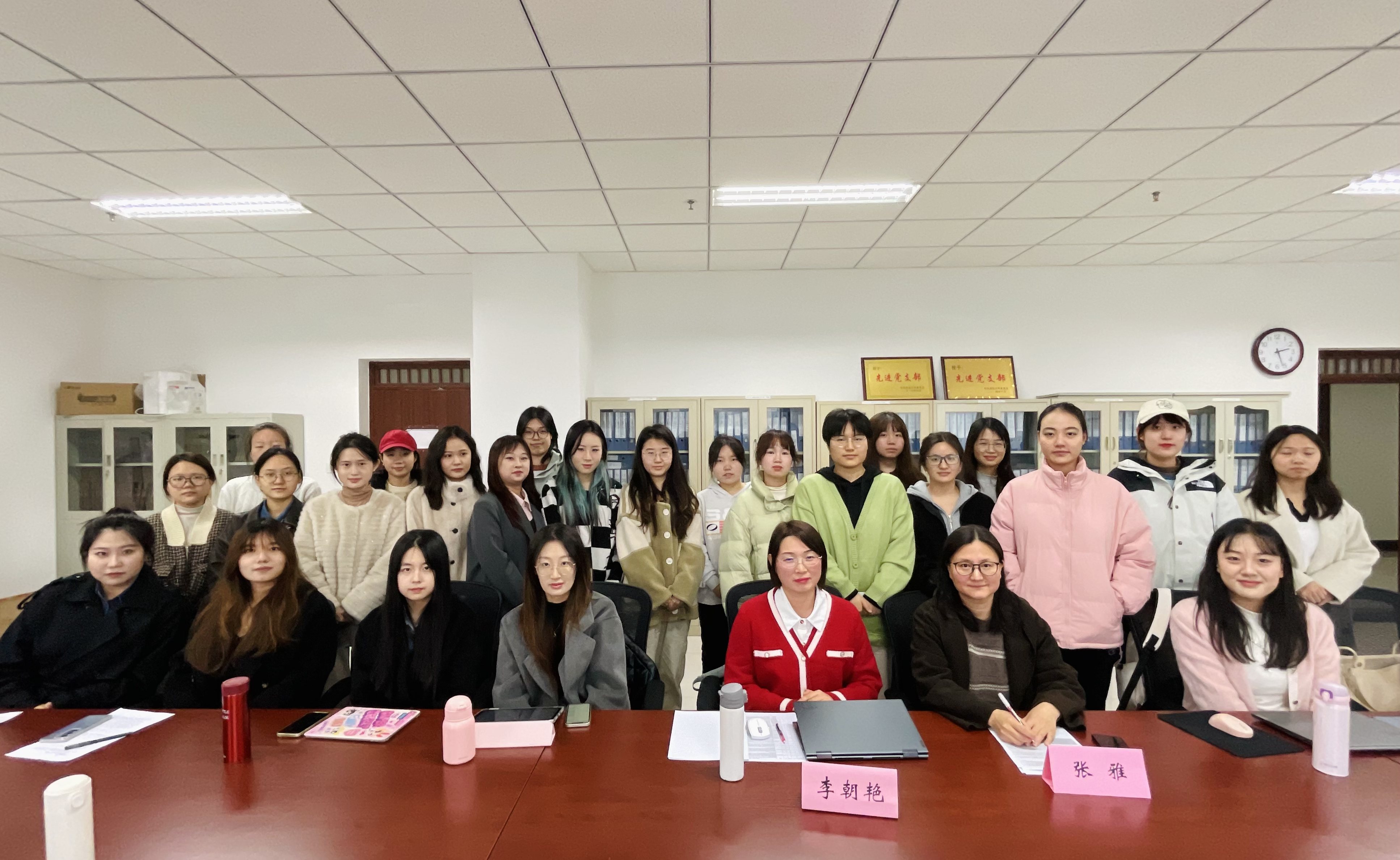
The Area Studies Group was hosted by faculty members specializing in this field, Li Yan and Ji Weimin, with the theme “Language and Nation.” Discussions included language dissemination and national image construction, linguistic landscapes and social change, and interdisciplinary research methods and practices in area studies.
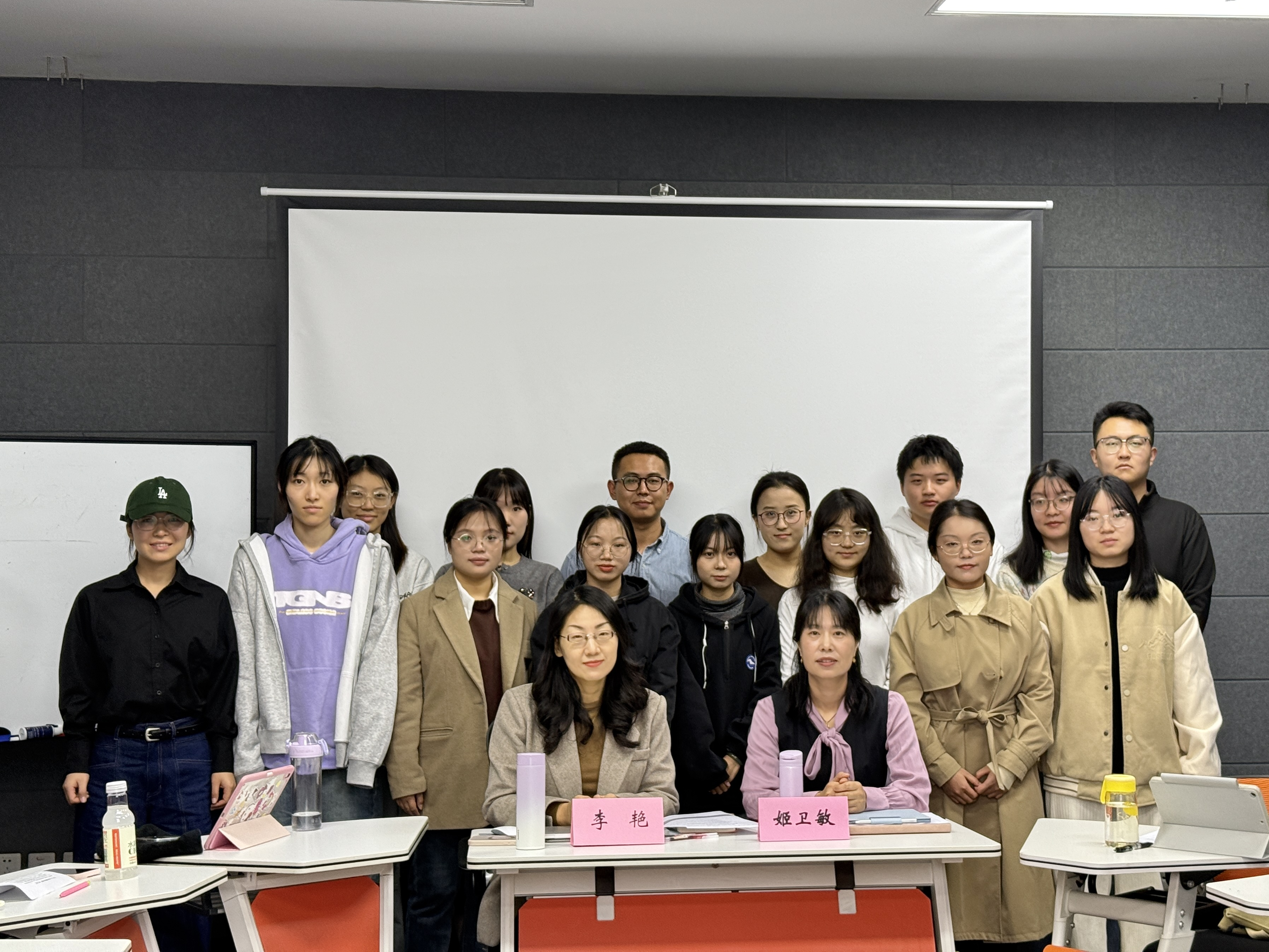
Students submitted their report topics and summaries in advance, enabling faculty members to tailor their guidance more effectively. The discussion topics closely aligned with national policy directions and research trends, offering practical and timely insights to inspire students. Additionally, the event encouraged students to choose discussion groups based on their research interests, facilitating cross-grade and interdisciplinary exchanges that transformed “peer pressure” into “peer motivation.” The school plans to further expand and innovate the formats of academic activities in the future, employing diverse measures to improve the quality of graduate education and achieve new milestones in academic training.